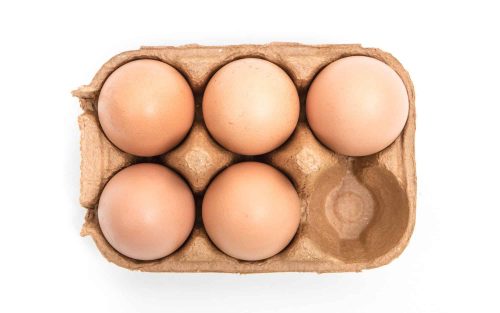Substances dissolved in water lower the freezing point of water. For example, dissolved substances in the body of any fish can lower the freezing point of water in body fluids to -0.9 °C. However, the temperature of the polar seas is around -1.8 °C on average, and a normal fish is expected to freeze in the Arctic Ocean. However, since the amount of dissolved salt in seawater in the polar regions is around twice the amount of dissolved substance in the fish body, the freezing point drops to -1.9 °C.
Fish living in polar regions cling to life thanks to their special proteins. For example, in the shallow waters of the Southern Ocean surrounding Antarctica; Some fish species belonging to the Notothenioidei subfamily, which live between the sea ice on the surface and the ice crystals growing on the seafloor, manage not to freeze with the help of special molecules called antifreeze proteins (AFP).
Under normal conditions, these fish are expected to grow microscopic ice crystals that enter their bodies due to the icy sea water they swallow. Ice crystals with sharp protrusions pose a danger to all tissues. However, antifreeze proteins cling to the surfaces of the ice crystals and prevent the surrounding water molecules from joining the crystal.This prevents the growth of ice crystals. Scientists think that the crystals, held in microscopic size by restraint by proteins, are sent to the spleen to be neutralized.Why Fish don’t Freeze in the Arctic Ocean?
Antifreeze proteins reduce the freezing point in the bodies of polar fish to -2,7 °C, almost one °C below the freezing point of ocean water, allowing them to live safely in freezing waters. It is stated that the antifreeze (antifreeze) substances produced from these proteins are up to 300 times more effective than conventional antifreeze of the same concentration. Some ice cream manufacturers have already started using similar antifreeze proteins in fish to avoid the unpleasant look of ice crystals growing in ice cream sitting in the freezer. Shortly, it is thought that these proteins will be used in organs that are kept for transplantation.














